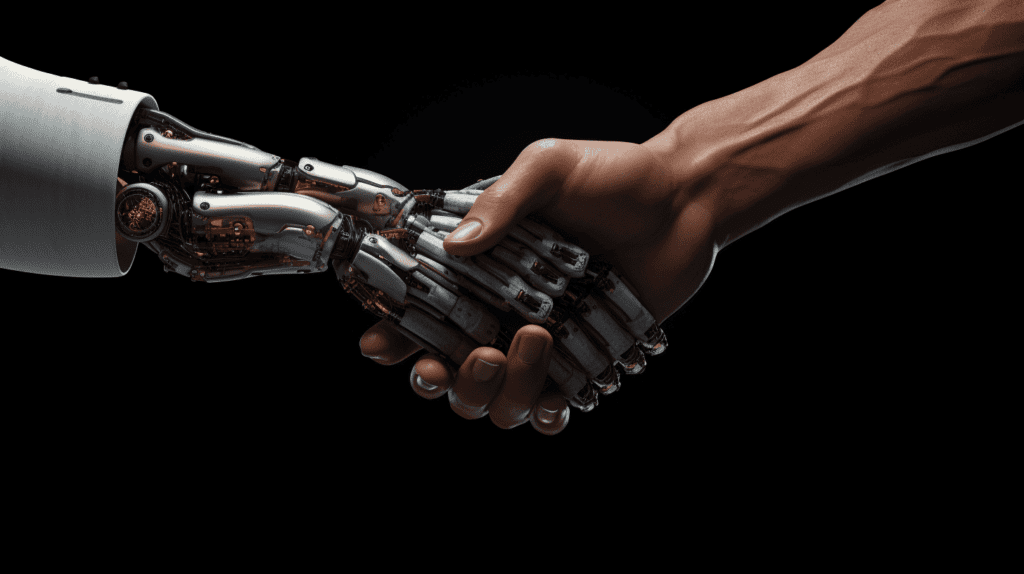In an era of rapid technological advancement, one cannot help but acknowledge the transformative power of Artificial Intelligence (AI). From automating mundane tasks to revolutionizing entire industries, AI has emerged as a catalyst for change, raising important questions about its impact on the job market. As we navigate this new landscape, it becomes crucial to understand both the opportunities and challenges that AI presents.
The Expanding Reach of AI
AI has made significant strides in recent years, showcasing its potential across various domains. From intelligent virtual assistants to machine learning algorithms, AI has become an integral part of our daily lives. Its ability to analyze vast amounts of data and make informed decisions surpasses human capabilities in many areas. As a result, industries ranging from healthcare and finance to transportation and customer service have embraced AI to streamline operations, improve efficiency, and enhance user experiences.
Automation and Job Displacement
The rise of AI-driven automation has ignited concerns about job displacement. As AI systems become increasingly sophisticated, certain repetitive and routine tasks traditionally performed by humans are being automated. This shift has led to anxiety about the future of work, with fears of widespread unemployment and economic upheaval.
However, history has repeatedly shown that technological advancements tend to create new opportunities while transforming existing job roles. While some jobs may indeed be replaced by AI, new roles will emerge, requiring different skills and expertise. The key lies in adapting to the changing nature of work and equipping ourselves with the necessary skills to thrive in an AI-driven economy.
Shaping the Workforce of the Future
As the job market evolves, it becomes crucial to focus on skills that complement AI rather than compete against it. While AI excels in data analysis and pattern recognition, human qualities such as creativity, emotional intelligence, and critical thinking remain highly valuable. Jobs that involve complex problem-solving, innovation, and human interaction are less susceptible to automation.
To stay relevant in the AI era, individuals must embrace lifelong learning and cultivate a growth mindset. Upskilling and reskilling initiatives will play a pivotal role in equipping the workforce with the necessary digital literacy and technological competence. Governments, educational institutions, and businesses need to collaborate to provide accessible training programs and reemployment assistance, enabling workers to transition into AI-resilient roles.
The Emergence of New Opportunities
While AI may eliminate certain jobs, it also creates new avenues for innovation and entrepreneurship. The development and implementation of AI systems require skilled professionals in areas such as data science, machine learning, and AI ethics. Moreover, AI-driven technologies often necessitate human oversight, quality assurance, and strategic decision-making, resulting in the emergence of hybrid job roles that combine AI proficiency with domain expertise.
Furthermore, AI has the potential to generate entirely new industries and job markets. As AI continues to advance, novel roles such as AI trainers, explainability experts, and data privacy specialists will be in high demand. Hence, embracing AI as a tool rather than fearing it as a competitor opens up opportunities for job creation and economic growth.
AI's Impact on the Job Market
AI's impact on the job market is a complex and multifaceted issue. While concerns about job displacement are valid, it is essential to approach this transformative technology with a forward-thinking mindset. Rather than resisting AI, we should proactively adapt, reskill, and leverage our uniquely human capabilities. By embracing lifelong learning, fostering innovation, and creating supportive ecosystems, we can navigate the shifting tides and harness AI's potential. Doing so can create a more prosperous future, where humans and machines collaborate to drive economic and societal progress.\
